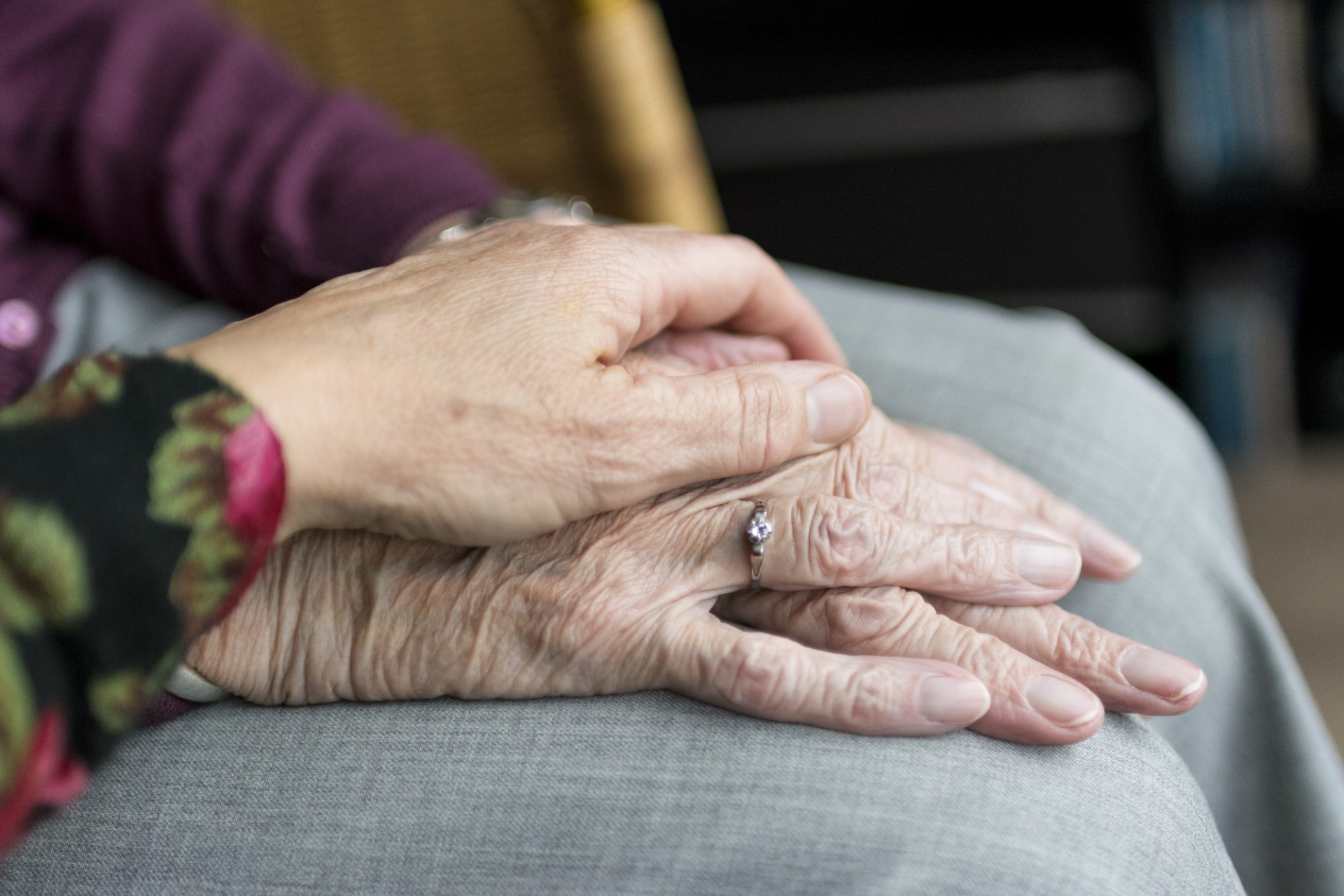If you have doubts about calling a hospice for your sick loved one or family member because it might mean you’re “giving up” on them, don’t be. Accepting hospice care is a good way for a loved one to receive only the best medical care. This article will discuss the different spoken and unspoken issues regarding hospice care and why you should start looking for the best hospice care in San Diego.
What is a Hospice?
Contrary to what people think, hospice doesn’t refer to a place where people go to. No. hospice care is a service where care is brought into your own home, a private residence, an assisted living facility, or a nursing home. Many people want to and can stay at home and receive hospice care but if your care becomes too complicated and difficult to manage at home, you can elect to receive short-term inpatient care in a hospital, nursing facility or hospice unit. This greatly helps in controlling symptoms.
What services does hospice provide?
What kind of services do you receive from hospice care in San Diego? You can avail a wide range of professional services from hospice care. Hospices are required to provide both routine and after-hours nursing visits, meaning a nurse will visit you regularly, evaluate for any changes in your condition, and prepare medicines and medical supplies as necessary.
The nurse will spend a significant amount of time answering your questions and preparing you for the next steps you need to take. It used to be that in the past you’d bring your sick loved one or family member to the emergency room or doctor’s office. Bur now, the medical services will come to you, right at your home. In case you need help or assistance on a weekend, a nurse will be around to help you. This means you no longer have to deal with your health condition alone; help is just a phone call away.
Other hospice services that is provided in hospice care includes a helper to assist with bathing, counselors to help with your emotional needs and volunteers. There are even hospices that arrange physician visits. Some hospices can provide you with music therapy, aroma therapy, massage therapy, pet therapy and even art therapy.
How do you know you qualify for hospice care?
When are you eligible for hospice care? It’s an unfortunate reality but a lot of people get hospice care too late, usually in the final days or weeks of their life. It’s recommended for them to avail hospice care at least six months earlier. Getting hospice care in San Diego earlier reduces stress on the family, avoids burnout, and greatly improves a patient’s quality of life. Hospice care keeps a patient well, which gives them more time to create special memories and moments with their family. It gives you and your loved ones a chance to spend time together before finally saying “goodbye”.
But don’t most people die at home?
Although it is true that 90% of Americans die at home, in reality, only a few really do. It is said that around 70% to 80% of American die in facilities (such as nursing homes and hospitals) and less than 25% of them die at home. In comparison, hospice patients almost always get to fulfill their desire to die at home because their families are well-prepared and supported to take care of them at home.
It’s rare for a hospice patient to die in a hospital, but there are cases when they do. If a hospice patient decides they want to die in a hospital, they will be discharged from hospice care, after signing some papers.
Will entering a hospice mean you’ll die soon?
There is a lot of baseless concern on the use of medications such as Morphine and the fear that it makes a patient die sooner. Several studies have shown that Morphine helps to ease pain and that it doesn’t shorten life even in patients that are very ill and debilitated.
Another baseless assumption is that a person will die sooner if they find out they are terminally ill. In some cases, family members will even forbid others to say the word “hospice” to their loved ones for fear that their loved one will feel defeated and lose their will to live. In reality, getting sick and failing health can be a lonely experience. Most patients are somehow aware of how sick they really are. Most of them want to talk about it and arrange plans regarding what should be done before and after they pass on. In some cases, they don’t bring this up because they see how it can be upsetting to their family members. They simply want to protect their family from the pain. This conspiracy makes it impossible for both parties to understand each other. Many patients simply want to ask questions about what will happen to them. They want to be reassured that their symptoms are controllable and that they remain in control and comfortable at the same time. Family members are encouraged to ask hospice patients important questions like details about their funeral and how they want certain issues to be handled after they pass on.
Is it possible for hospice patients to ever improve?
The answer is YES. Some patients admitted to hospice in San Diego eventually improve and in time, get discharged from hospice care. This makes sense because when you help relieve someone’s pain and keep them from feeling lonely, they will eat better, sleep better, regain their health and will to live.
Will getting hospice care require you to give up treatments that benefit you?
There is no need to give up on treatments or medications you benefit from when you get hospice care. The hospice in San Diego focuses on improving a patient’s quality of life. Medications and treatments that promote quality of life are generally covered by the hospice. If a certain medicine or treatment is discovered to help prolong your life (but does not improve your quality of life), you can sign off he hospice benefit and go back at a later date.
Is hospice care expensive?
Most insurance providers usually cover hospice care. Medicare and majority of Medicaid insurances cover hospice care at 100%.




